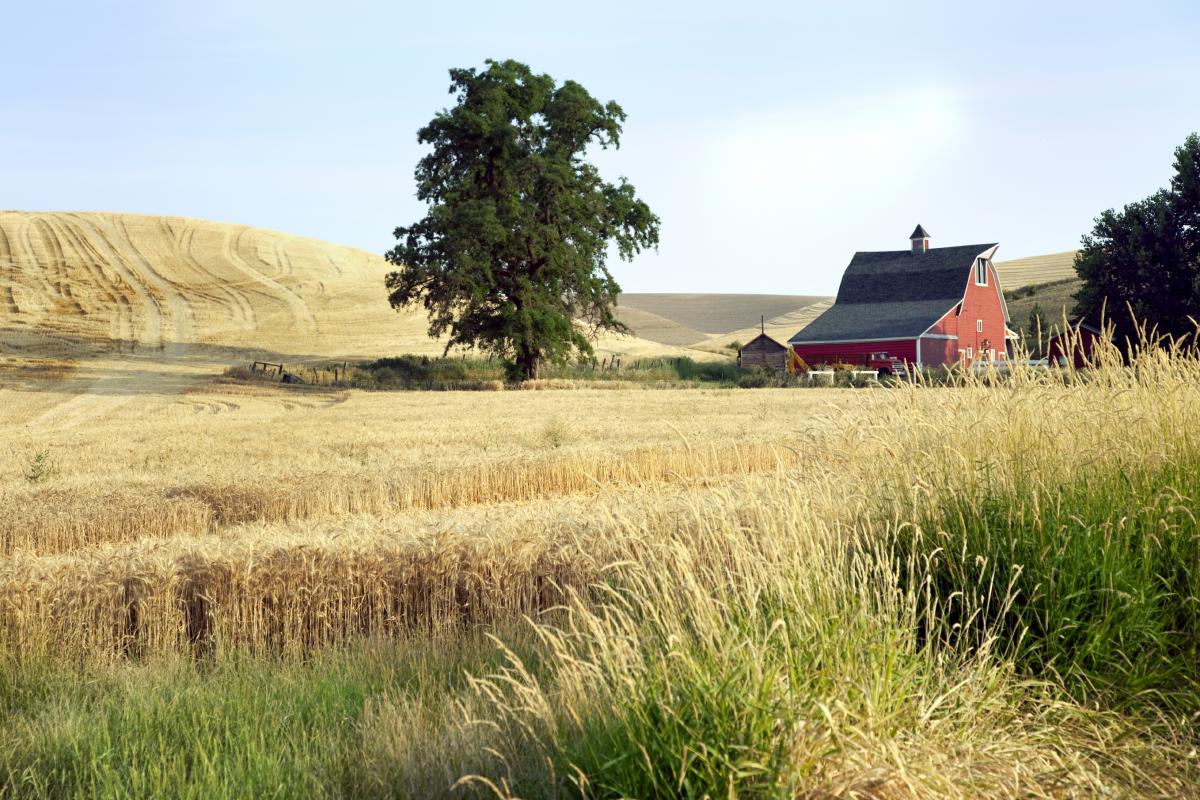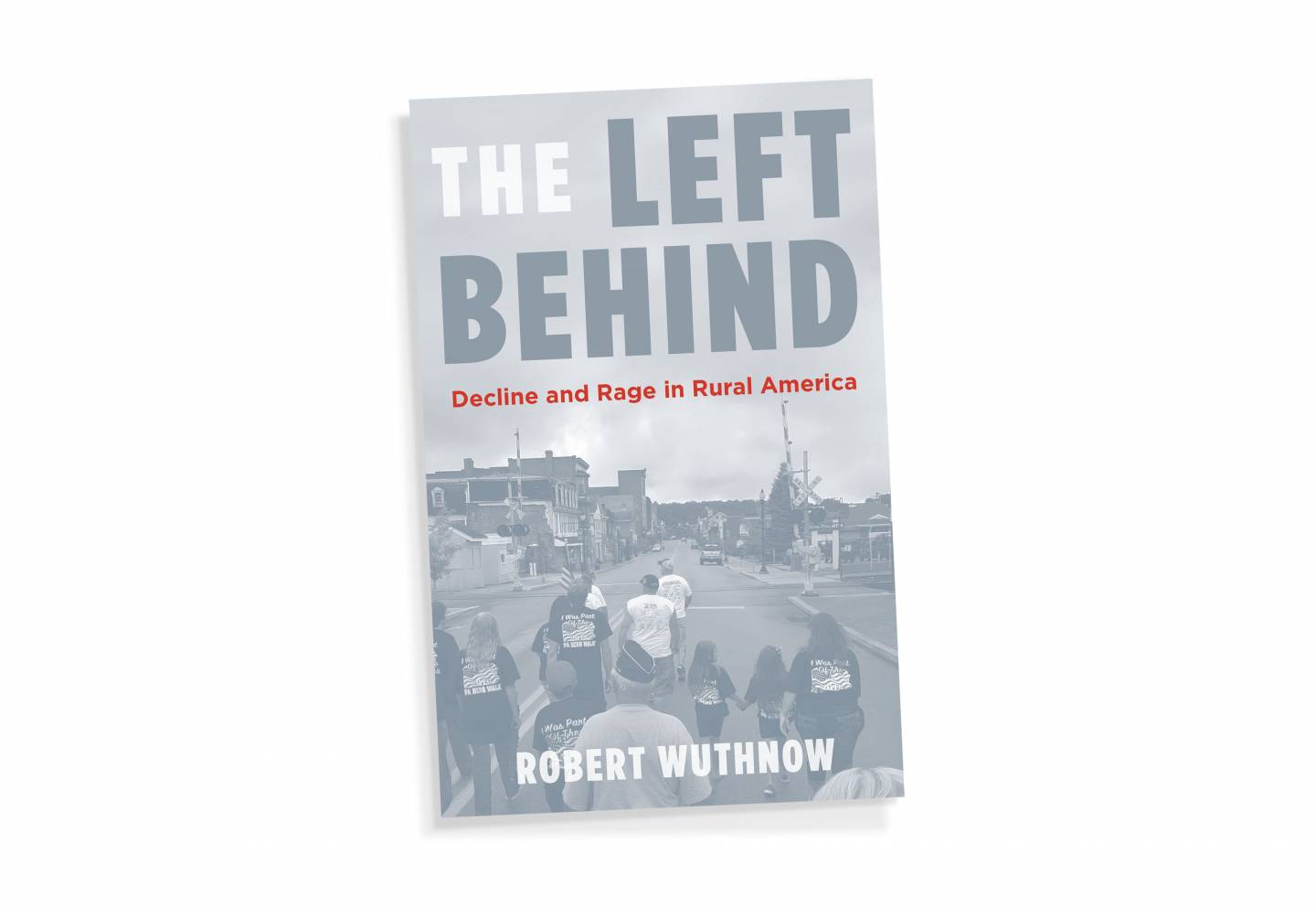For so many years now, there has been a massive division between urban and rural Americans. There is just no doubt about it, people from different areas have different priorities in life and that’s one of the main things that makes it noticeable.
Over the years, more and more people are wondering what is it with the urban and rural population have that it cannot be worked on as one, why there are always seem to be some issue that prevents unity. A professor from Princeton University decided to write a book that would actually explain this matter even further.
 Stuck In The Past
Stuck In The Past
According to Professor Robert Wuthnow, he himself actually lived in a rural area in Kansas, Missouri for years, but since he wanted to know where this issue is coming from, he actually traveled in different rural areas to get information. He spent 8 years trying to interview different kinds of people in rural areas, and find out why they are simply against innovative changes that are so loved by people from urban areas.
In his book, The Left Behind: Decline and Rage in Rural America, Wuthnow explained that he found out that people from the rural areas of the county don’t exactly give any concern towards economic issues. They are in fact more bothered by the threats of the social fabric of small towns. Then again, he said that it is never clear as to where this is coming from.
My conversation about rural America. https://t.co/B452GZLoFW
— Robert Wuthnow (@RobertWuthnow) June 10, 2018
In an interview with Vox, Wuthnow said he started his research for his book between the years 2006 and 2014. He traveled to every single state in the US to get people’s opinions about the matter. Focusing on the small town folks with just over 20,000 people on population, and those who are living far away from the city life.
When asked if it has something to do with the unequal number of race, the Princeton professor just said that it usually depends on the area. It is a fact that when small towns are the topic, people would immediately think that it’s mostly white people, but there are rural communities in the south that are mostly African-American folks. It is also the main reason as to people from rural communities are known to be more racists compared to people in the cities.
The impulse of blaming others is their constant way of thinking, especially when they actually notice that immigrants or urban areas are being paid more attention to when it comes to favors.

Rural Communities Chose To Be Left Behind
Wuthnow made it pretty clear that most of the people he interviewed for his book value their local community so much that they chose to get left behind, instead of being transformed into an urban community. They prefer to know their neighbors, they prefer to live slowly, and they prefer to live a simple life. It is not considered as a bad thing to refuse change, but their population is decreasing since more and younger people chose to move away from home and choose to live in the city instead of coming back home.
It was also indicated in his book that some people he interviewed actually consider cities as a moral decline. One woman even said that she can no longer discipline her children the way she wants to, without the government or other people trying to intervene. These people hold on to the past so much that they refuse to change, that is even if the world is changing before their eyes. Then again, it is also difficult for them to do so since it is important for them to live the way they have known how.
The social fragmentation in rural areas is revealed to be so real that they are suffering. In his book, he pointed out how people there are literally voting against their own growth and future. One of the best examples that would prove that point is that when United States President Donald Trump signed a bill to encourage more broadband internet access to rural areas, it faced major backlash, this is despite how there are sources saying that he actually won their votes during the election.
However, despite all of this, Wuthnow believes that not everyone who lives in a small town refuses to change their way of life or refuses to grow. It may just take time for them to understand but it is a process that everyone must fully accept with an open mind.




